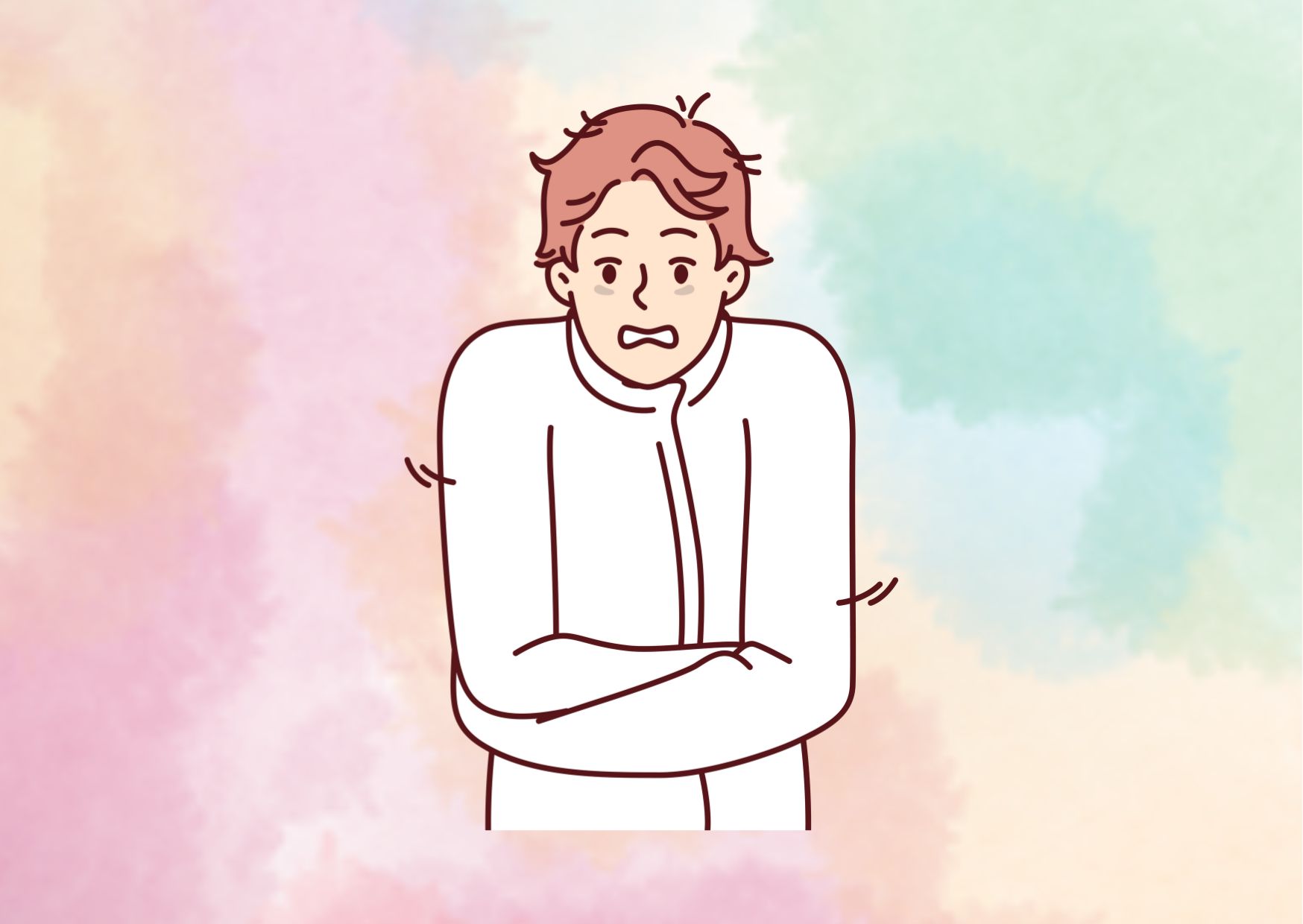Understanding the Covert Narcissist Hypochondriac
A covert narcissist who also exhibits hypochondriac tendencies may present a complex and challenging personality. It’s important to note that diagnosing individuals, especially based on limited information, should be done by qualified mental health professionals. Covert narcissism and hypochondriasis (health anxiety) are distinct psychological traits that can coexist in some individuals.
In this article, we will explore the complex relationship between narcissism and hypochondria, specifically focusing on covert narcissists who exhibit hypochondriacal tendencies. By understanding the signs and behaviors of a covert narcissist hypochondriac, we can navigate these challenging dynamics and protect our own well-being.
The Covert Narcissist: An Overview
Before delving into the specifics of a covert narcissist hypochondriac, let’s first understand what sets them apart from other narcissistic individuals. Narcissism is a personality disorder characterized by an inflated sense of self-importance, a lack of empathy, and an insatiable need for admiration. Covert narcissists, on the other hand, display these traits in a more subtle and hidden manner.
Unlike their grandiose counterparts who seek constant attention and admiration, covert narcissists maintain a facade of humility and vulnerability. They manipulate others through victimhood, playing the role of the perpetual martyr. This victim mentality allows them to garner sympathy and attention, which they crave deeply.
The Link Between Narcissism and Hypochondria
While not all narcissists are hypochondriacs, there are cases where the two conditions overlap. Hypochondria, also known as illness anxiety disorder, is characterized by excessive worry about having a serious illness. It is important to note that hypochondria is distinct from malingering, where individuals pretend or exaggerate their illnesses for personal gain.
Covert narcissists may exhibit symptoms that suggest a certain degree of illness anxiety disorder. They may constantly complain about imaginary or minor health issues, seeking validation and attention from those around them. By playing the role of the sick victim, they manipulate others into catering to their needs and desires.
Signs of a Covert Narcissist Hypochondriac
Identifying a covert narcissist hypochondriac can be challenging, as they are skilled at hiding their true intentions. However, there are several signs that can help us recognize these individuals:
- Constant Complaints: A covert narcissist hypochondriac will always find something to complain about, whether it’s a minor ache or a fabricated illness.
- Rejection of Solutions: They will reject any suggestions or solutions offered to alleviate their supposed health issues. Their goal is not to find a cure but to maintain their victim status.
- Desire for Attention: Covert narcissists thrive on attention and sympathy. They use their fabricated health issues to manipulate those around them into giving them the care and attention they crave.
- Guilt Manipulation: They are skilled at using guilt to manipulate others. If you try to change the subject or refuse to cater to their complaints, they will accuse you of being insensitive and cruel.
- Lack of Empathy: Covert narcissists lack empathy for others’ genuine health problems. They may dismiss or belittle the illnesses of those around them to divert attention back to themselves.
Suggestion for read: Can a Narcissist Change? 6 signs of Readiness to change
